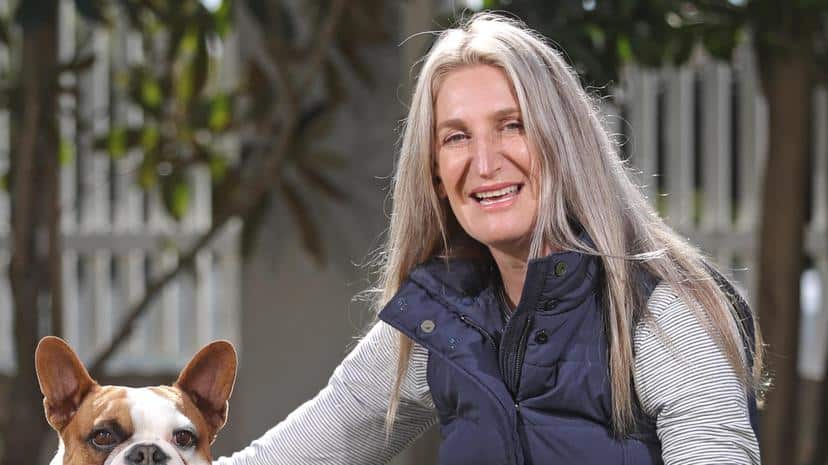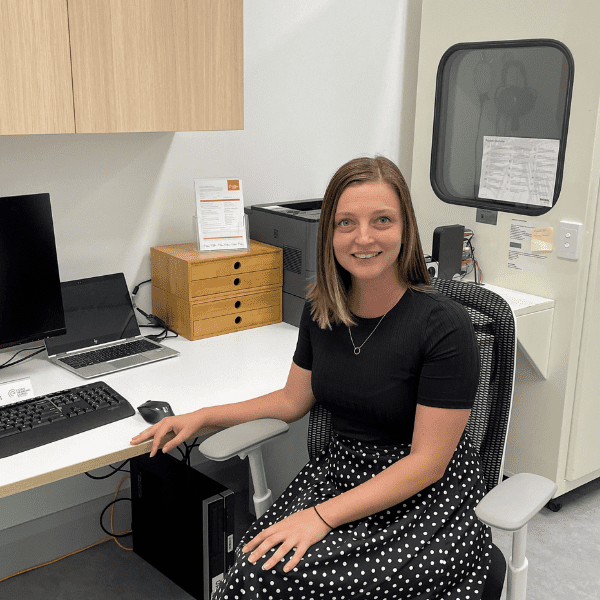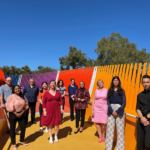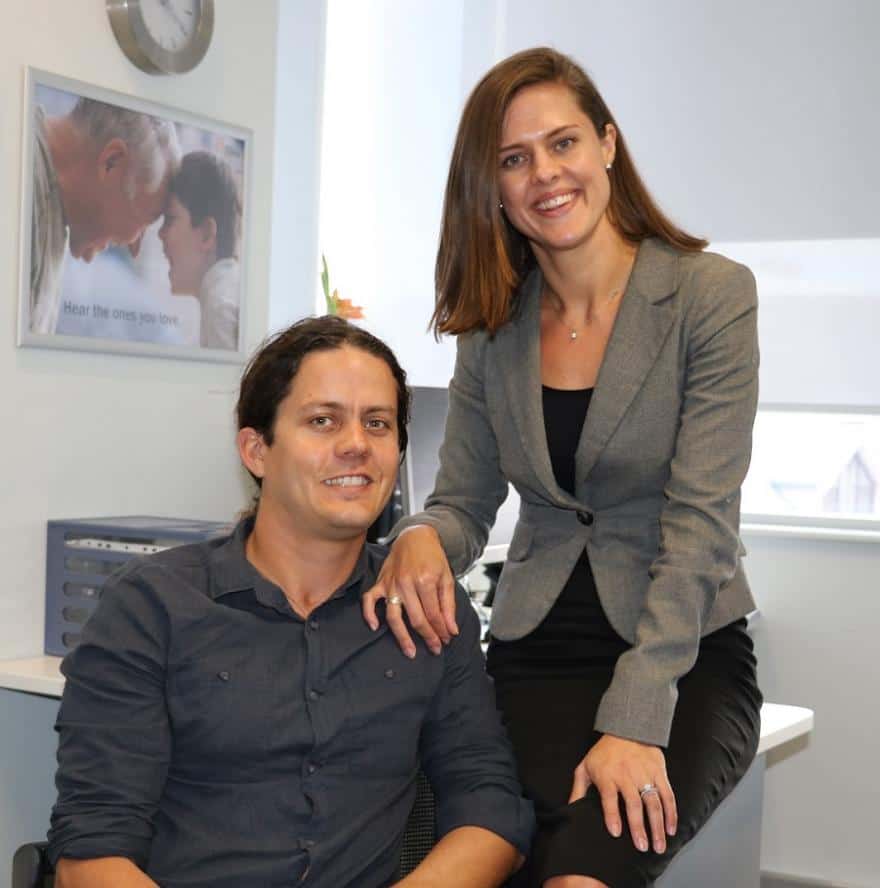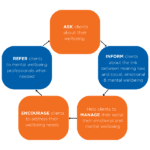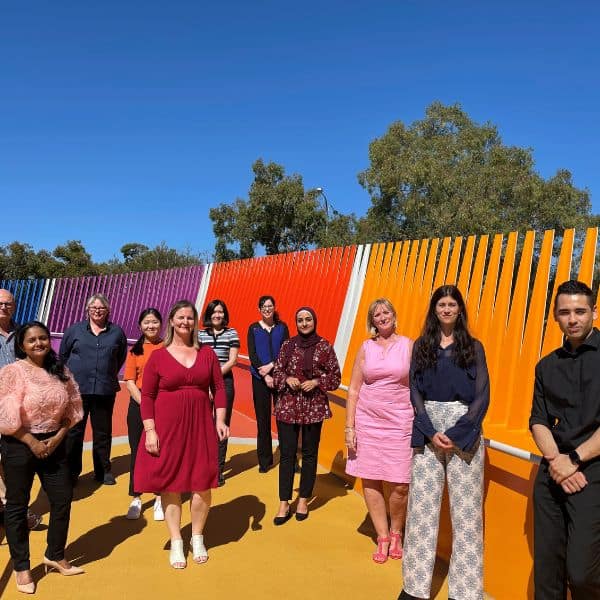
Finding treatments for today and cures for tomorrow with the help of consumers
Consumer and community representatives will help to influence and shape the research programmes at Ear Science through the new Ear Science Institute Australia Consumer Advisory Group formed by the Brain and Hearing Group.
Governments, funding bodies and research organisations worldwide are increasingly recognising the importance of including the lived experiences, values and priorities of consumers and community members in research policies and practice (Chalmers et al., 2014; Henshaw et al., 2015).
Consumer and community representatives are the link that enables health service providers and researchers to become aware of the importance and diversity of consumer needs. Better outcomes are achieved when consumers are involved in all aspects of policy and healthcare decisions. From a research perspective, where consumer and community involvement (CCI) used to be a ‘nice to have’, it is now considered by many research funders as a ‘must have’.
Consumer and community representatives play an important role by bringing the essential perspective of those with ear and hearing conditions (or directly affected by ear and hearing conditions) to the research work being undertaken at Ear Science Institute Australia.
The Brain and Hearing group has launched an Ear Science Institute Australia Consumer Advisory Group wherein consumer and community representatives will work with researchers to influence and shape the research programmes at Ear Science Institute Australia, particularly Brain and Hearing. This will in turn, feed into clinical audiology services provided by Ear Science and Lions Hearing Clinics.
So far, we have recruited six adults with lived experience of ear and hearing conditions who are keen to help us design and plan our research so that it is consumer-friendly” said Dr Bec Bennett.
Consumer Advocacy Group members will be invited to provide a “lived experience” perspective to guide the research undertaken at Ear Science Institute Australia. This may include contributing to project conceptualisation; providing perspectives to current and future data gathering; reviewing grant applications, participant information/consent forms, and surveys; contributing towards identifying the best methods of communicating research findings to those with hearing loss and the general public; being involved in the writing and dissemination of study results.
Science needs you
New treatments for hearing loss are only possible because of the willingness of people to participate in our research and clinical trials. Whether you have good hearing or not, your support will help our scientists find new ways to diagnose, prevent, treat and cure hearing loss.
When involved in research, you contribute to your community and help change how hearing services are delivered for current and future generations.
Research participant
"*" indicates required fields

